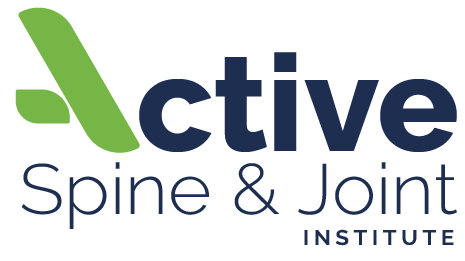How to Relieve Neck Pain: Causes, Treatment, and When to Seek Help
Neck pain is a common complaint that affects millions of people each year. Whether it’s caused by poor posture, an injury, or just the wear and tear of daily life, neck pain can be debilitating and frustrating. It can interfere with sleep, work, and even your ability to be active and enjoy life.
So, what causes neck pain, how can it be treated, and when is it serious enough to see a healthcare provider?
Why Does Neck Pain Occur?
Neck pain occurs for a variety of reasons. Some of the most common causes include:
Poor Posture: With the rise of technology, many of us spend hours hunched over our phones or computers. This can lead to "tech neck" or computer neck, where the muscles and ligaments in the neck become strained. If you notice neck pain while working at the computer, posture is likely the issue.
Injury: Whiplash from a car accident or sports injury can cause serious neck pain and tightness. These types of injuries can lead to damage in the muscles, ligaments, or even the spine.
Sleeping Position: Your sleeping position can greatly affect your neck. If you wake up with neck soreness, it could be a sign that your pillow isn’t supporting your neck properly or that your sleeping posture needs adjustment.
Degenerative Conditions: As we age, conditions like osteoarthritis or degenerative disc disease can cause chronic neck pain.
Stress: Believe it or not, stress can contribute to neck pain. Stress leads to tension in the neck and shoulders, often resulting in neck tightness.
Can Neck Pain Cause Headaches?
Yes! One of the lesser-known side effects of neck pain is headaches. When the muscles in your neck are strained or tight, it can lead to tension headaches. If your headaches start at the base of your skull and radiate towards your forehead, it’s likely connected to your neck pain.
How Neck Pain Occurs and Why It Persists
Neck pain can arise from overuse, acute injury, or chronic conditions. But one of the reasons neck pain can persist is the lack of proper treatment. Many people think it will simply go away on its own. But will neck pain ever go away if left untreated? In most cases, it requires professional treatment to achieve lasting neck pain relief.
When Is Neck Pain Serious?
Neck pain is usually temporary, but there are times when it can indicate a more serious problem. If your neck pain radiates down your arms, is accompanied by numbness or tingling, or causes weakness in your hands, it could be a sign of a pinched nerve or herniated disc. In these cases, it's crucial to see a healthcare provider.
How We Treat Neck Pain at Active Spine & Joint Institute
At Active Spine & Joint Institute, we take a multi-disciplinary approach to treating neck pain. Here’s how we can help:
Chiropractic Care: Misalignments in the spine can often lead to neck pain. Our chiropractors focus on realigning the spine to relieve pain and improve overall neck function.
Occupational Therapy: Posture correction, ergonomic adjustments, and strengthening exercises can go a long way in relieving neck pain caused by poor habits.
Regenerative Therapy: For chronic conditions like osteoarthritis, many therapies can offer a non-invasive alternative to surgery. These can include spinal decompression, cold laser therapy, ECST and PulseWave therapy. These treatments help repair and regenerate damaged tissues, providing long-lasting relief.
Neck Pain Relief: Who to See for Neck Pain?
When you’re dealing with neck pain, it’s essential to see the right specialists. Our team at Active Spine and Joint Institute are all experts who treat neck and shoulder pain. If your neck pain is radiating into your arms or causing significant discomfort, it’s crucial to get an evaluation.
If you are sufferingw ith debiliating neck and shoulder pain, it may be time to schedule your consultation to see what Active Spine and Joint Institute can do for you.

